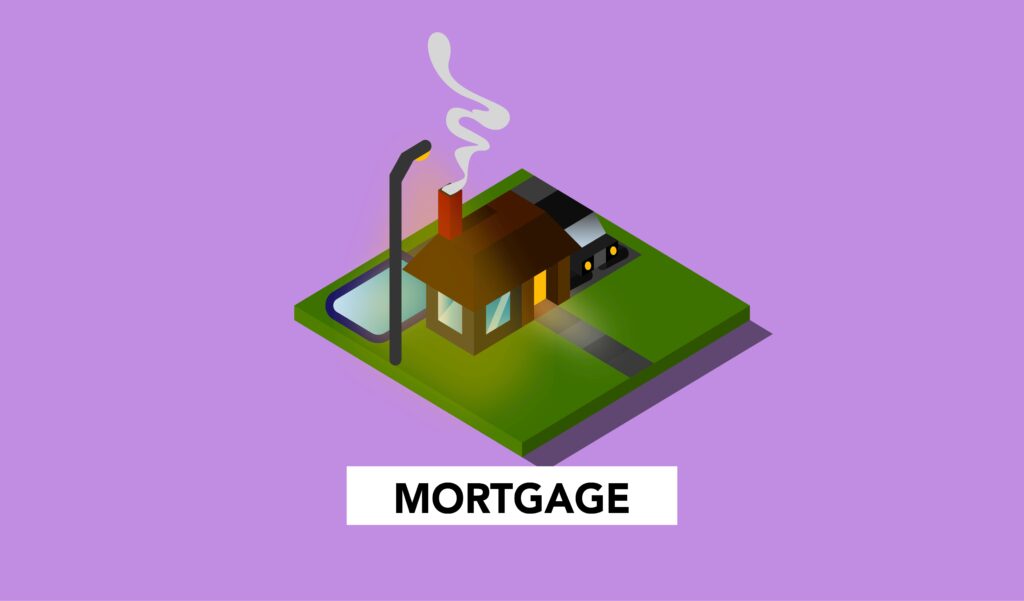In today’s real estate landscape, traditional financing methods may not always be accessible or desirable for aspiring property owners. However, there exists a lesser-known avenue—Owner Financing Land—that can open doors to homeownership without relying on banks or mortgage lenders.
What is Owner Financing Land?
Owner Financing Land, also known as seller financing or seller carryback, is a real estate transaction where the seller acts as the lender. Instead of the buyer securing a mortgage from a bank, they make payments directly to the seller over an agreed-upon period.
How Does Owner Financing Work?
In Owner Financing Land deals, the buyer and seller negotiate the terms, including the down payment, interest rate, and repayment schedule. Once agreed upon, the buyer pays the down payment and makes regular payments to the seller, typically with interest, until the full purchase price is paid off.
Benefits of Owner Financing Land
Owner Financing Land offers benefits to both buyers and sellers. For buyers, it can provide an alternative path to homeownership, especially for those with limited access to traditional financing. Sellers, on the other hand, can attract more buyers and potentially secure a higher sale price by offering this option.
Exploring the Advantages
Flexibility in Terms
One of the primary advantages of Owner Financing Land is the flexibility it offers in negotiating terms. Buyers and sellers can customize the agreement to suit their specific needs and financial situations, allowing for greater flexibility compared to traditional financing options.
Faster Closing Process
Since Owner Financing Land bypasses the traditional mortgage approval process, transactions can often be completed more quickly. This can be advantageous for both parties, especially in competitive real estate markets where swift action is necessary to secure a property.
Expanded Pool of Buyers
By offering Owner Financing Land, sellers can attract a broader range of potential buyers who may not qualify for traditional mortgages due to credit issues, self-employment, or other factors. This expanded pool of buyers can increase the likelihood of selling the property.
Overcoming Challenges
Higher Interest Rates
One potential drawback of Owner Financing Land is that buyers may face higher interest rates compared to traditional mortgages. Sellers may impose higher rates to compensate for the increased risk associated with acting as the lender.
Legal Complexity
Navigating the legal intricacies of Owner Financing Land transactions can be challenging for both buyers and sellers. It’s essential to enlist the services of experienced real estate professionals and attorneys to ensure that all parties are protected and fully understand their rights and obligations.
Tips for Success
Conduct Due Diligence
Before entering into an Owner Financing Land agreement, both buyers and sellers should conduct thorough due diligence. This includes researching property values, assessing market conditions, and obtaining professional inspections to ensure the transaction is favorable for all parties involved.
Seek Professional Guidance
Given the complexities involved, it’s crucial to seek guidance from real estate professionals who have experience with Owner Financing Land transactions. They can provide valuable insights, negotiate favorable terms, and ensure that the transaction complies with all legal requirements.
Owner Financing Land: Empowering Ownership
Owner Financing Land presents a unique opportunity for buyers and sellers alike to achieve their real estate goals without the constraints of traditional financing. By understanding the process, weighing the pros and cons, and seeking professional guidance, individuals can navigate this alternative path to homeownership with confidence.
FAQs
What are the benefits of Owner Financing Land for buyers?
Buyers can benefit from Owner Financing Land by gaining access to homeownership without the need for traditional bank financing. This can be particularly advantageous for individuals with limited credit history or financial resources.
How does Owner Financing Land differ from traditional mortgages?
Unlike traditional mortgages, Owner Financing Land involves direct negotiations between the buyer and seller, with the seller acting as the lender. This can lead to more flexible terms and a faster closing process.
Is Owner Financing Land suitable for every real estate transaction?
While Owner Financing Land can offer benefits for both buyers and sellers, it may not be suitable for every transaction. Factors such as the financial stability of the parties involved and the property’s market value should be carefully considered before pursuing this option.
What should buyers look for in an Owner Financing Land agreement?
Buyers should carefully review the terms of the Owner Financing Land agreement, including the interest rate, repayment schedule, and any contingencies or clauses that may impact their rights and obligations as purchasers.
Can sellers require a down payment in an Owner Financing Land deal?
Yes, sellers can typically require a down payment as part of an Owner Financing Land agreement. The amount of the down payment is negotiable between the buyer and seller and may vary depending on the specifics of the transaction.
What happens if a buyer defaults on an Owner Financing Land agreement?
If a buyer defaults on an Owner Financing Land agreement, the seller may have the right to reclaim the property through foreclosure or other legal remedies outlined in the contract. It’s essential for both parties to understand their rights and responsibilities in the event of default.
Conclusion
Owner Financing Land offers a viable alternative to traditional mortgage financing, providing flexibility and opportunity for both buyers and sellers. By understanding the process, weighing the pros and cons, and seeking professional guidance, individuals can navigate this unique pathway to property ownership with confidence.

